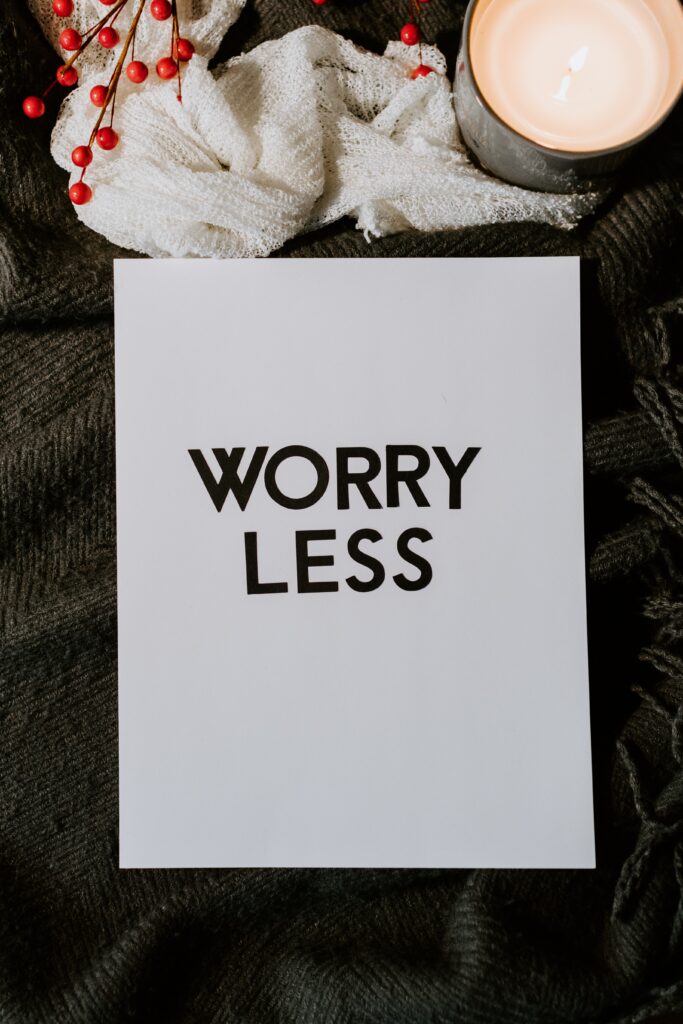

Adrenal glands produce hormones that help regulate your metabolism, immune system, blood pressure, response to stress, and other essential functions. Among the many hormones they produce, two are the key players in our story: adrenaline and cortisol.
Adrenaline, often referred to as the short-term stress hormone, is the one that is released through your body when you’re scared, frightened, or doing extreme activities like a bungee jump or a rollercoaster ride. Historically, our bodies released adrenaline during moments of life-threatening danger, triggering a physical response. In the face of a perceived threat, adrenaline gets you ready for the classic “fight-or-flight” reaction. This means redirecting blood away from your digestive system towards your limbs, providing the energy required for immediate action. Not only does your body shut down less important functions, including digestion, but it also releases a glucose spike to provide instant energy.
The quickest source of this energy is glucose (sugar), stored in your liver and muscles in the form of glycogen. When adrenaline signals the need for energy, your liver and muscles convert glycogen into glucose (gluconeogenesis) and release it into your bloodstream. Your blood sugar subsequently rises, ready to fuel your self-defence or escape. Regardless of the outcome, this stress and the need for adrenaline are over very quickly. This rapid action served you well when the danger was imminent, as there was no further need for adrenaline. However, the modern world presents a different challenge. For many of us, it’s not life-threatening tigers but psychological stress that lingers for days, months, or even years. The key difference is that instead of responding with physical exertion, we often remain sedentary. This is where the trouble begins.
The excess glucose in your bloodstream, triggered by the perceived stress (or that innocent cup of coffee), needs to be managed. In response, your body releases insulin to regulate your blood sugar levels. As I mentioned earlier, insulin stores it in two places in your body, your liver and your muscles. If your liver and muscles have no room for more glycogen storage (due to constant deliveries), insulin goes to work, converting the surplus glucose into fat and storing it in your body. Welcome, belly fat!

So, how does coffee play into this cycle? Caffeine, the beloved component of your coffee, acts on your adrenal glands by stimulating the production of adrenaline. Regardless of whether the stress is real, perceived, or just a caffeine-induced alertness, your body interprets the situation as potentially dangerous. It then releases glucose into your bloodstream, assuming you need instant energy to deal with the perceived threat.
The catch is, most of the time, you’re simply sipping your coffee and sitting at your desk. You’re not burning the excess glucose. As a result, insulin steps in, storing some of it in your liver and muscles and converting the rest into body fat. Welcome belly fat!
Our bodies are remarkable, fine-tuned machines designed to ensure our survival. The storage of body fat is meant to keep us alive during times of food scarcity and to protect our vital organs. That’s precisely why stress fat tends to accumulate around your belly – it’s your body’s way of protecting its most critical assets when it perceives danger.
Emotional Health Strategies: Incorporate strategies like practising gratitude, journaling, Tai Chi, or restorative yoga into your routine. These practices can help you manage stress more effectively.
Diaphragmatic Breathing: or deep breathing is a simple yet powerful technique to calm your nervous system. Regular practice can make a remarkable difference in managing stress and its effects.

In addition to these strategies, supplementation with vitamin B, vitamin C, and magnesium can be beneficial in supporting your adrenal health. These essential nutrients play crucial roles in the proper functioning of your adrenal glands, helping your body manage stress more effectively.
Vitamin B, particularly B5 (pantothenic acid), is known for its role in adrenal hormone production. Vitamin C acts as an antioxidant and supports your immune system during stressful times. Magnesium is essential for overall muscle and nerve function, which includes the muscles of the adrenal glands.
Adding these supplements to your diet, in consultation with a healthcare professional, can contribute to maintaining healthy adrenal function and managing the potential effects of stress, including those caused by caffeine or other factors.
I understand that for many of us, the idea of quitting coffee is simply unthinkable. It’s not about making you feel guilty of your caffeine habits, but rather taking a moment of self-reflection. How does coffee affect you? Does it make you jittery, raise your heart rate, or cause digestive issues? You know yourself better than anyone else.
This post is intended for those who might be experiencing a weight-loss plateau or unintentional weight gain, despite no significant changes in their diet or lifestyle. This could be the missing puzzle piece explaining why your weight isn’t budging or has increased.

